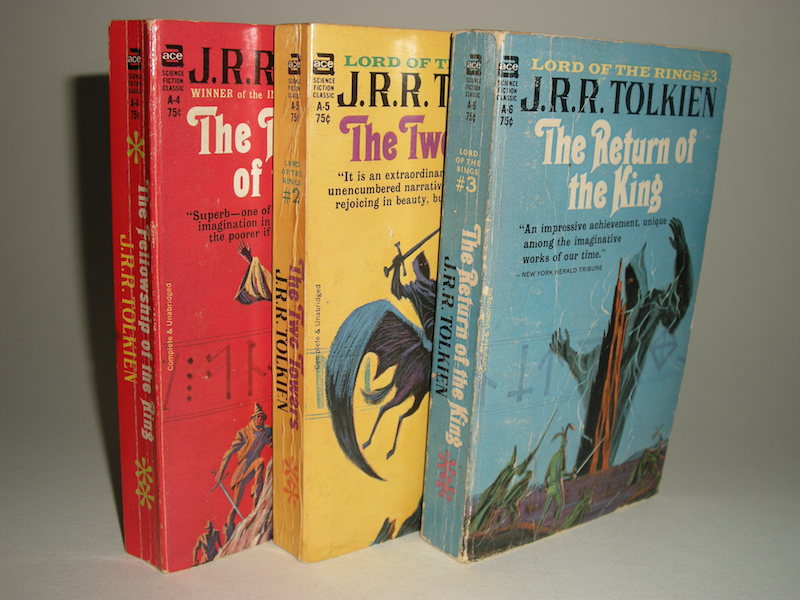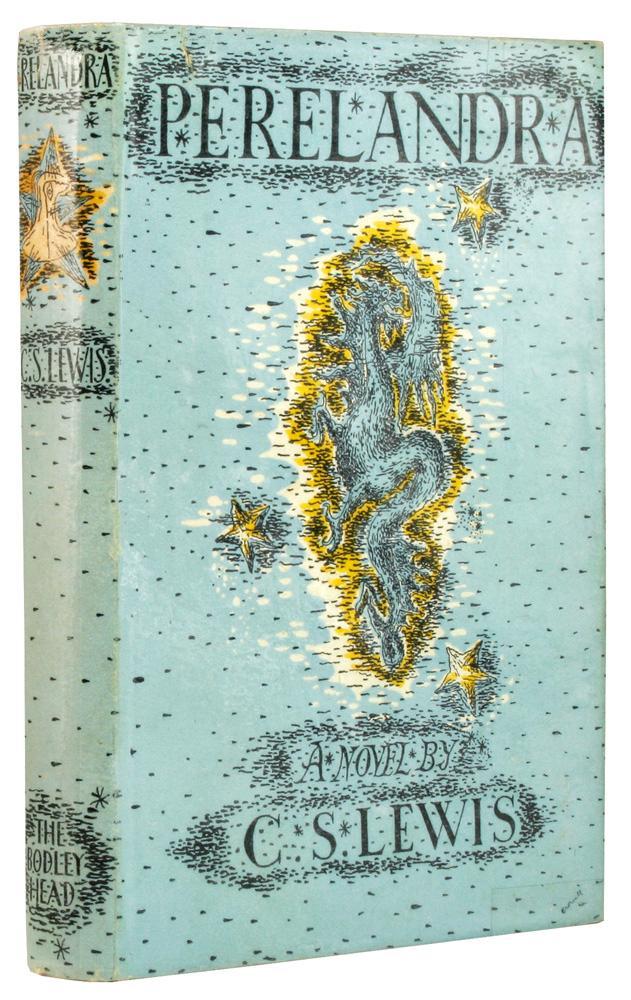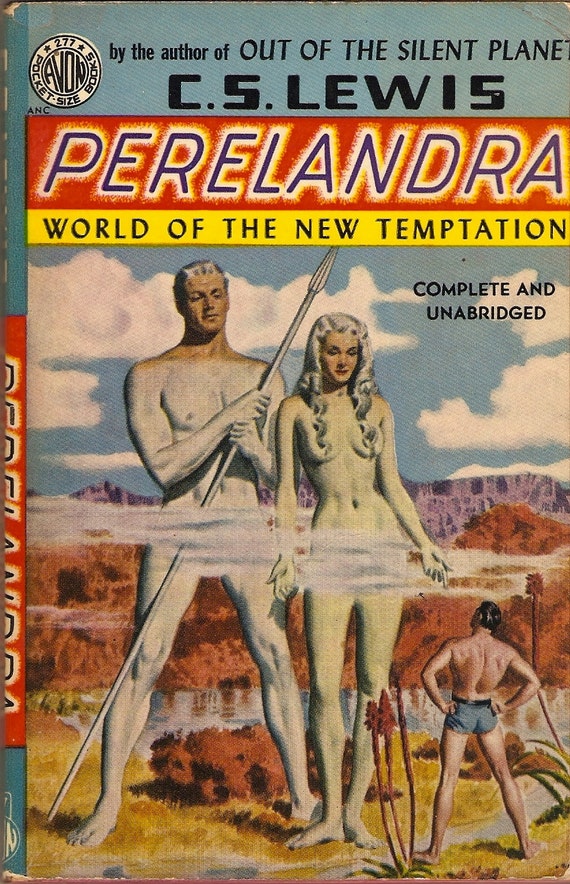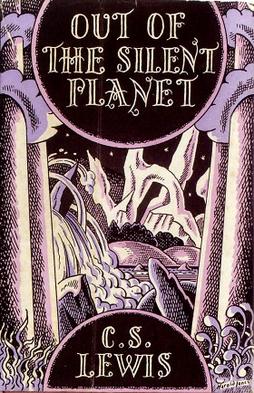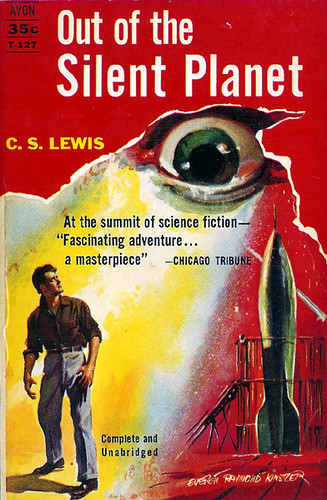I don't think it "jump-started" it at all. You give criminals too much credit.
Yes, what law was that again?
But seriously, Ray -- sure, Ace's exploitation of the carelessness of Tolkien's hardcover publishers was to be deplored. I'd have joined in the campaign for the Ballantine edition if I'd been old enough and aware of what was going on. (I don't think I ever saw the Ace editions till the 1970s, years after they were no longer produced.) But though Ace's action brought down on them a great deal of disapprobation, the fact remains that the appearance of Tolkien's books in paperback, especially after Ballantine issued the authorized editions and Ace agreed to pay royalties and not reprint their edition, did get them into the hands of innumerable readers who loved them, and provided the basis for Tolkien's late years of prosperity.
Can anyone contend that these things were about to happen apart from Ace? I know of no evidence that Allen and Unwin in England, or Houghton Mifflin in the US, Tolkien's hardcover publishers, were seriously looking into an agreement for the paperbacking of
The Hobbit and
The Lord of the Rings. In hardcover the Rings set had had only a modest success.
We may assume that the books would
eventually have been issued in paper, I guess. But I am glad that the author was able to benefit from the financial success of his "trilogy" for about eight years before his death. It was, I have little doubt, also primarily readers of the books in paperback who let Tolkien know, in one way and another, that there was a very eager and large audience waiting for
The Silmarillion, etc. That must have been pleasing to him even while, admittedly, he felt some anxiety about the matter given that he had become elderly and his narrative creativity had ebbed. When Tolkien senior died, Christopher Tolkien must have had no doubt that the Silmarillion materials, in some form, must be published.
As for the non-Ace criminality, would a different forum be a better place to discuss it?
